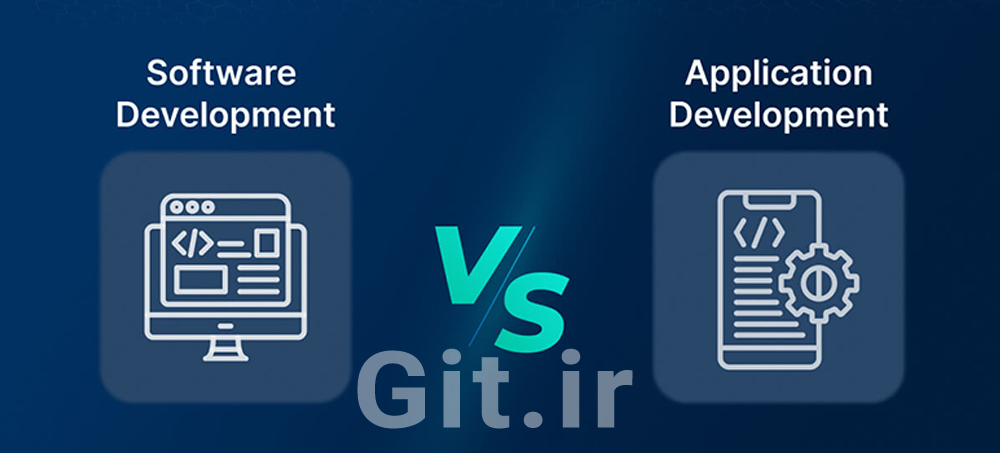A guide to starting a software engineering career
A software engineer is responsible for designing and building computer systems and software applications to address real-world challenges.

Software engineers work on the design, development, testing, and maintenance of software applications and computer systems. If you are an analytical thinker who loves problem-solving and making technology more user-friendly, a career in software engineering could be highly rewarding.
What is Software Engineering?
Software engineering is a field within computer science focused on the design, development, testing, and maintenance of software applications. Software engineers use engineering principles and their expertise in programming languages to create software solutions that meet the needs of end users.
What Do Software Engineers Do?
Successful software engineers know how to use the right programming languages, platforms, and architectures to create everything from computer games to network control systems. Beyond developing their own systems, software engineers also test, improve, and maintain software created by other engineers.
In this role, your daily tasks might include:
Designing and maintaining software systems
Evaluating and testing new software programs
Optimizing software for speed and scalability
Writing and testing code
Collaborating with clients, engineers, security specialists, and other stakeholders
Presenting new features to stakeholders and internal customers
Systems Developer vs. Application Developer
Software engineers typically fall into one of two categories: systems engineers or application developers.

As a systems developer, you will focus on building computer systems and networks that applications rely on to function. Your tasks may include:
Ensuring smooth communication between different software programs on a single platform
Creating and enforcing IT standards within an infrastructure
Maintaining documentation of IT systems
Updating systems with new technologies as needed
Collaborating with development teams, senior systems architects, and data science professionals

On the other hand, working as an application developer is more client-focused. You may specialize in either the front-end or back-end of a system, creating software that end users will interact with. Some of your tasks might involve:
Developing applications for iOS, Android, Windows, or other operating systems
Analyzing requirements and making adjustments to the software as needed
Releasing software updates
Working closely with graphic designers, customer service teams, project managers, and other customer-facing departments
▶️ View Course: The Complete Front-End Web Development Course
Is Software Engineering a Good Career?
If you enjoy solving problems and possess strong analytical skills, a career in software engineering can be both enjoyable and rewarding. As technology continues to advance, the demand for software developers is growing much faster than the national average.
Choosing a career in software engineering offers opportunities to work across various industries and sectors, as nearly all businesses rely on software. Whether you're interested in finance, entertainment, sports, real estate, or any other field, there are plenty of job opportunities for software engineers.
Additionally, software engineering provides flexibility in terms of work location. You may have the option to work remotely for companies in other states or even abroad, as long as you can meet deadlines and deliver projects on time.
▶️ View Course: Finding a Remote Job
Career Paths in Software Engineering
As a software engineer, you have the flexibility to choose your career path, whether it's focusing on applications or systems development, and decide how far you want to advance. You can work your way up to a senior software engineer role, or pursue further certifications and experience to transition into positions like IT project manager or systems manager. The field offers both flexibility and mobility, allowing you to shape a career experience that aligns with your interests and goals.
How to Become a Software Engineer
Becoming a software engineer typically involves developing the right technical and workplace skills. Some positions may also require specific degrees or certifications to validate your abilities. However, there are many ways to enhance your skill set and gain the necessary experience.
Let’s take a closer look at some key requirements for becoming a software engineer.
Software Engineering Skills
As a software developer, you’ll be designing software to address real-world problems. This requires a combination of technical knowledge and effective communication skills. If you're considering software engineering as a career, here are some essential skills to focus on building:
Databasearchitecture
Agile and Scrum project management
Operating systems knowledge
Version control
Design testing and debugging
Attention to detail
Check out the following courses to improve your skills:
▶️ View Course: "Git Complete: The definitive, step-by-step guide to Git"
▶️ View Course: "The Complete 2023 Software Testing Bootcamp"
Software Engineering Certifications
Earning a certification can help you build new skills and validate them to potential employers. Some positions may require specific certifications, so it's a good idea to research job listings for roles you're interested in before preparing for a certification exam. Here are some common certification options:
Certified Software Development Professional (CSDP)
Certified Software Engineer
C Certified Professional Programmer (CLP)
C++ Certified Professional Programmer (CPP)
AWS Certified Developer
Microsoft Certified: Azure Fundamentals
To learn more about software engineering certifications, see the following courses:
▶️ View Course: "Ultimate AWS Certified Developer Associate 2023 NEW DVA-C02"
▶️ View Course: "AZ-104 Microsoft Azure Administrator Certification 2023"
Do I Need a Degree to Be a Software Engineer?
A bachelor's degree in computer science or a related field is a common entry-level requirement for software engineers. However, a degree is not the only path to a development job. Some employers accept alternative credentials, such as certifications and relevant work experience, in place of a formal degree. To determine whether a degree is essential for your career path, it's helpful to research job postings for the positions you're interested in.
Please Log in to leave a comment.